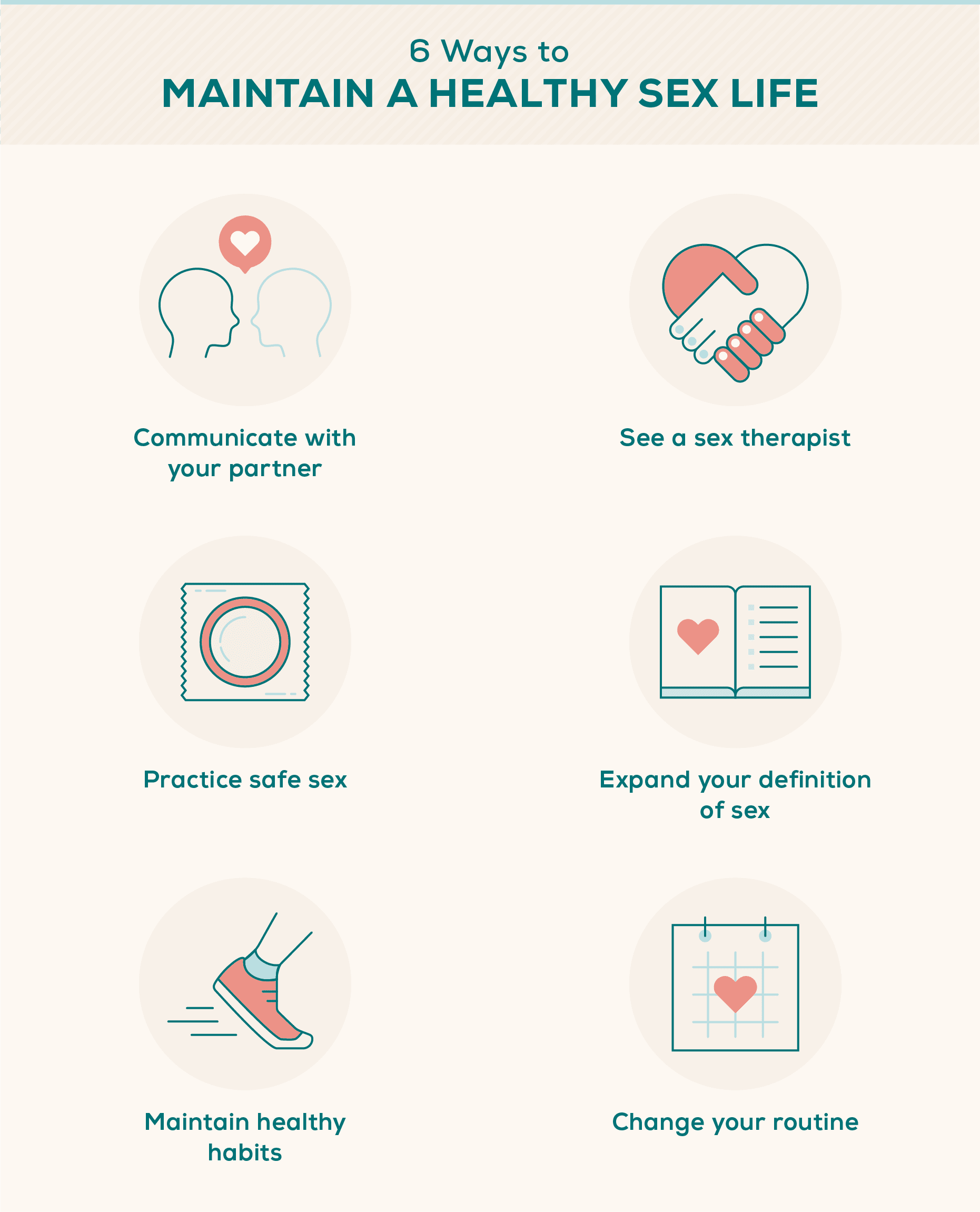
As we age, many aspects of our lives undergo significant changes, and sexual health is no exception. Understanding how aging affects sexual health is essential for maintaining intimacy and overall well-being. This blog will discuss the common changes in sexual health as people age, what to expect, and how to navigate these changes.
Common Changes in Sexual Health with Age
1. Hormonal Changes
One of the most significant factors affecting sexual health as people age is hormonal changes. In women, menopause marks the end of reproductive years, typically occurring in their late 40s to early 50s. This transition results in a decrease in estrogen and progesterone levels, leading to:
- Vaginal Dryness: Reduced estrogen can cause the vaginal walls to become thinner and less lubricated, making intercourse uncomfortable.
- Decreased Libido: Changes in hormone levels can lead to a decline in sexual desire.
For men, testosterone levels gradually decrease with age, which can result in:
- Erectile Dysfunction (ED): Difficulty achieving or maintaining an erection becomes more common as testosterone levels drop.
- Reduced Sexual Desire: Men may also experience a decrease in libido due to hormonal changes or other factors.
2. Physical Changes
Aging can bring about various physical changes that impact sexual health, including:
- Changes in Sexual Response: The time it takes to achieve arousal and orgasm may increase, and the intensity of orgasms may decrease for both men and women.
- Health Conditions: Chronic conditions such as diabetes, heart disease, and arthritis can affect sexual function and comfort during sexual activity.
3. Psychological Factors
Mental health plays a crucial role in sexual health at any age, but its importance can be heightened in older adults. Factors to consider include:
- Body Image Issues: Aging can lead to insecurities about physical appearance, which may impact confidence and sexual desire.
- Stress and Anxiety: Concerns about health, financial stability, or caregiving responsibilities can create stress that detracts from sexual intimacy.
Maintaining Intimacy in Older Age
Despite the changes that come with aging, maintaining intimacy and a satisfying sexual relationship is possible. Here are some tips to navigate this phase of life:
1. Open Communication
Discussing sexual health openly with partners is essential. Honest conversations about desires, fears, and physical changes can foster understanding and intimacy.
2. Explore New Ways to Connect
As physical responses change, exploring new forms of intimacy can enhance the relationship. This might include:
- Non-penetrative Activities: Focusing on kissing, cuddling, or sensual massages can be fulfilling alternatives.
- Experimenting with Different Techniques: Trying different sexual positions or techniques can help accommodate physical changes and enhance pleasure.
3. Address Physical Challenges
If experiencing issues such as vaginal dryness or erectile dysfunction, consider the following:
- Lubricants: Water-based or silicone-based lubricants can alleviate discomfort caused by vaginal dryness.
- Pelvic Floor Exercises: Kegel exercises can strengthen pelvic floor muscles, potentially improving sexual function.
- Seek Professional Help: Consulting a healthcare provider can provide tailored solutions, such as medications for ED or hormone therapy for women experiencing menopause.
Resources for Older Adults
Several resources can help older adults navigate the complexities of sexual health:
- Healthcare Providers: Regular check-ups with a healthcare provider who understands sexual health can address concerns and provide guidance.
- Sexual Health Education: Books, workshops, and online resources focused on aging and sexual health can offer valuable insights and tips.
- Support Groups: Connecting with others in similar situations can provide support and understanding. Look for local or online support groups for older adults facing sexual health challenges.
Conclusion
Aging brings inevitable changes to sexual health, but understanding and addressing these changes can lead to fulfilling and satisfying relationships. By fostering open communication, exploring new ways to connect, and seeking professional advice when needed, older adults can maintain their sexual health and intimacy well into their later years.
Call to Action
If you or someone you know is navigating the changes of aging and sexual health, don’t hesitate to reach out for support or information. Embrace this stage of life with confidence, and remember that intimacy can evolve and thrive at any age.

